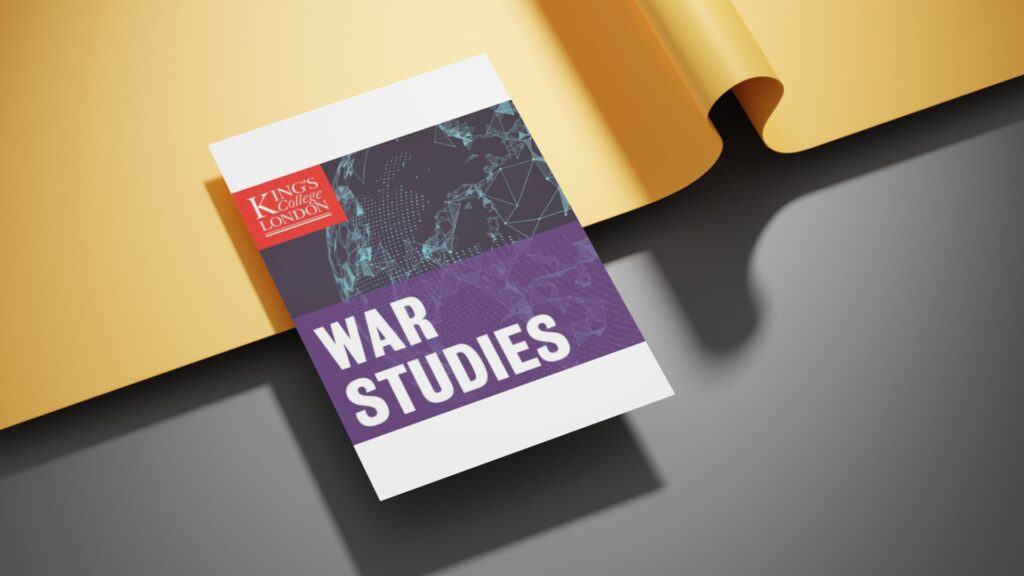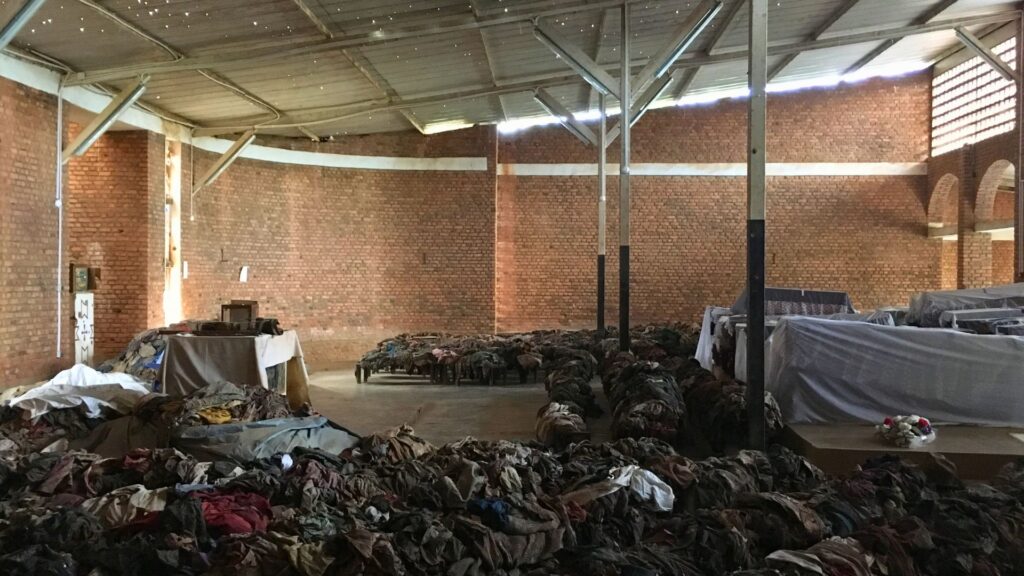
Doctoral thesis — Genocide as Revelation: Religion, Race and the 1994 Rwandan Genocide
Martin Kimani’s doctoral thesis, presented to the War Studies Department of King’s College London (thesis advisors Professor Lawrence Freedman and Professor Mats Berdal), and passed without corrections, examines the 1994 Rwandan genocide, focusing on the ideological factors that led to the mass murder of Tutsis by Hutu civilians. It highlights a symbiotic relationship between racialism and the sacred, particularly through the influence of Rwanda’s Catholic Church. The thesis traces the formation of the Hutu nation from 1959 to 1994, built on a European-imported racial myth, and explores how this racial ideology was intertwined with religious narratives and the church’s political role. It also analyzes texts and ‘hate literature’ that fueled the Hutu Power ideology and examines instances of killings in churches, reflecting on the moral justifications used during the genocide.

Thesis Chapter 8 -- Genocide as Revelation: Religion, Race and the 1994 Rwandan Genocide
Genocide as Revelation examines the notorious “Ten Commandments of the Hutu,” which were published in December 1990 by Kangura, a Rwandan publication. These commandments, penned by Hassan Ngeze, were part of a propaganda effort to awaken Hutu consciousness against the Tutsi, portraying them not just as political adversaries but as existential threats to the Hutu nation. The thesis traces the origins of these commandments, noting their earlier versions from 1959 by Joseph Gitera. It also compares them to the biblical Ten Commandments, highlighting how the Hutu version manipulated religious imagery and symbolism to fuel hatred and division. It explores how the Hutu Commandments were instrumental in shaping the narrative of Hutu victimhood and Tutsi villainy, using biblical language to legitimize and deepen ethnic divides. The analysis suggests that the decision to frame these political directives as “commandments” was a strategic move to resonate with Rwanda’s deeply religious society, thereby giving the propaganda a more profound and insidious impact

Security Council Situation in Ukraine speech, 21 February 2022
Aligning with Kenya’s official stance on Ukraine’s territorial integrity and that of all nations, this speech, penned by Ambassador Kimani, represents the culmination of a thorough process of inquiry and the establishment of a firm, principled position.

The Work of War for Granta Magazine.
On the morning of April 16, 1994, Anastase Kinamubanzi was ordered to drive his employer’s bulldozer into the sacristy wall of Nyange church. The order came from Father Athanase Seromba, the parish priest. Inside the simple redbrick building were over two thousand civilians who had mistakenly thou…

"Airport Theatre, African Villain." In Ntone Edjabe & Edgar Pieterse (Eds.)
In the “African Cities Reader II: Mobilities and Fixtures,” Martin Kimani contributed an essay on the experiences of African visa-seekers in airports post 9/11, adding a unique perspective to this collection that challenges and redefines urban African life. The Reader, co-created by Chimurenga Magazine and the African Centre for Cities at the University of Cape Town. Other notable contributors to the reader include Chris Abani, Jonny Steinberg, Dominique Malaquais, Mowoso Collective, Doreen Baingana, Teju Cole, Ed Kashi, Khulile Nxumalo, Nicole Turner, Iain Chambers, and Tim Cresswell, each offering their unique perspectives on various facets of African urban life.
"A lowercase Condition of Humanity." In Deliss, Clémentine & Tuazon, Oscar (Eds.)
The collaborative conversation between Martin Kimani and Clémentine Deliss, based on Kimani’s keynote address at the Zentrum Paul Klee in Bern and his summer-long interactions with a group of European artists, delves into complex themes of identity, perception, and moral universes. Kimani explores the psychological and emotional shifts that enable ordinary individuals to commit atrocities, using the example of Rwandan genocidaires. He describes how a man, who in one moment reprimands his children for violence, can soon after participate in the brutal killing of Tutsis. This stark contrast raises questions about the human psyche and the ease with which individuals can transition between normalcy and extreme violence. Kimani’s insights offer a deep examination of the complexities of human nature and the conditions that enable such drastic transformations in behavior.






